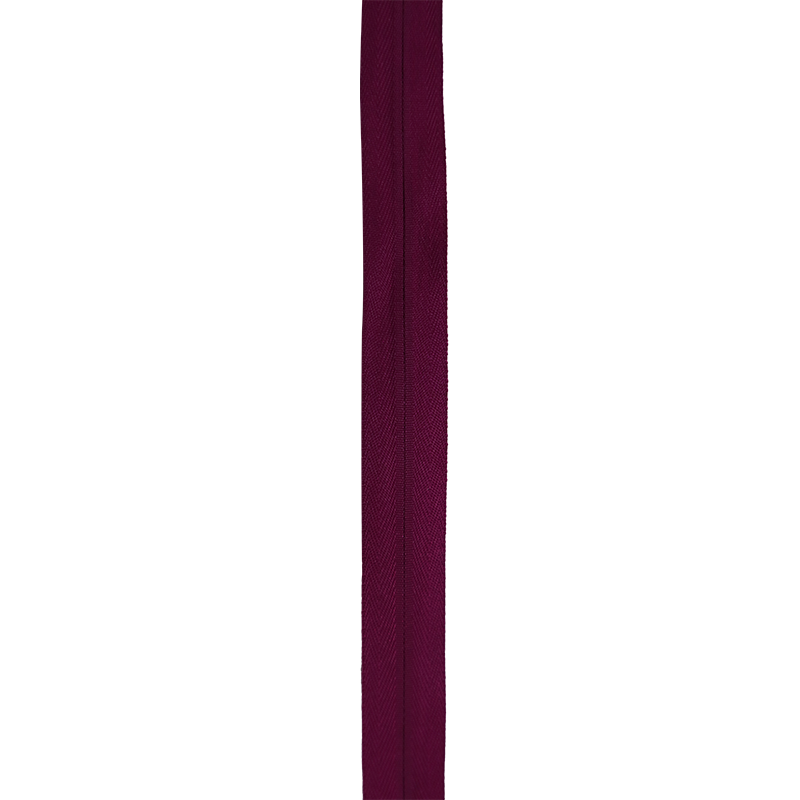Zipper chains are often made from materials such as brass, aluminum, or stainless steel, each offering different levels of corrosion resistance. Here's a breakdown of how material quality impacts corrosion resistance in zipper chains:
Stainless steel is highly resistant to corrosion due to its chromium content, which forms a passive oxide layer on the surface. This layer protects the underlying metal from rust and corrosion, making stainless steel zippers ideal for use in environments exposed to moisture or chemicals.
They maintain their appearance and functionality over time, even in harsh conditions, which can reduce the need for frequent replacements.
Brass, an alloy of copper and zinc, offers better corrosion resistance compared to many other metals, but it's less resistant than stainless steel. Brass can tarnish and corrode over time, particularly if exposed to moisture and acids.Brass zippers may require regular cleaning and maintenance to prevent tarnishing and maintain their functionality.
Aluminum has good corrosion resistance due to its oxide layer that forms naturally. However, it is more prone to corrosion than stainless steel, especially if exposed to saltwater or acidic environments.While aluminum zippers are lightweight and resistant to some degree of corrosion, they may not be as durable as stainless steel zippers in very harsh conditions.
High-quality materials like stainless steel offer a longer lifespan and better performance in preventing corrosion.Less frequent maintenance is needed for high-quality corrosion-resistant materials, saving time and effort.Better quality materials maintain their appearance longer without discoloration or rust.
Choosing the right material for a zipper chain depends on the specific environment and conditions it will be exposed to. For high-corrosion environments, stainless steel is generally the best choice due to its superior resistance.


 en
en  русский
русский 한국어
한국어 get a free quote
get a free quote
















